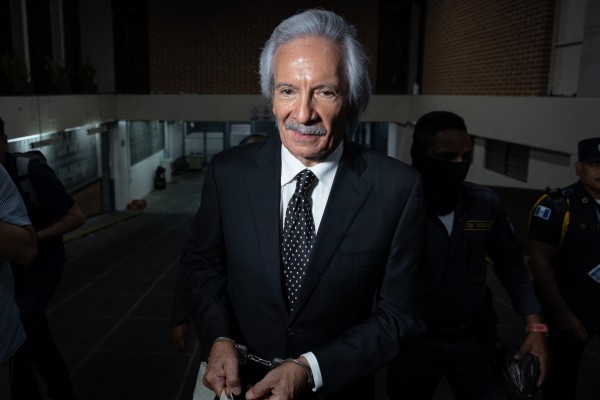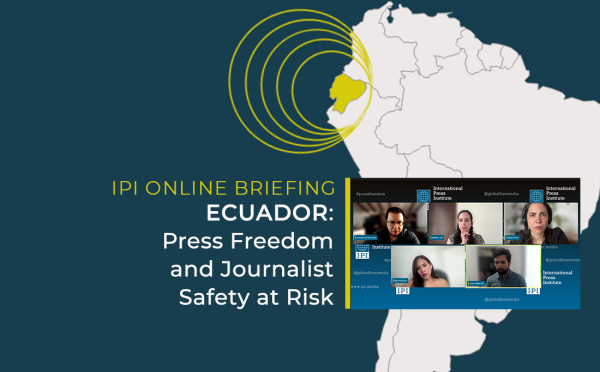Sometimes making a little noise can make a big difference. That may have been the case yesterday in the Caribbean island nation of Grenada, where members of the upper house of Parliament, the Senate, have reportedly returned a controversial electronic defamation bill back to the lower house (House of Representatives) for further deliberations.
IPI warmly welcomes the Grenadian government’s decision to reconsider this bill, which, if confirmed, would demonstrate a commitment to ensuring that new legislation does not unnecessarily infringe upon freedom of expression.
The bill, which would punish offensive online speech with up to three years in prison, was approved by the House of Representatives in a first reading on June 28 but quickly met with an international outcry—and not just by press freedom organisations. Even before IPI put out a statement criticising the intent to use criminal law to handle online defamation, major news organisations such as The Associated Press and Time Magazine had already picked up the story. A chorus of concern emerged across the Caribbean and North America.
It is possible that all of the international attention surrounding the bill helped prompt this move. To be sure, just days after the story was first reported, the office of Prime Minister Keith Mitchell issued a statement emphasising the government’s commitment “to looking at the segment to ensure that in no way free internet comment is either inhibited or by any slightest measure, threatened.”
Additionally, the Grenadian government sought to correct numerous media reports that had erroneously claimed that the bill had become law when in fact it still required Senate approval. IPI had published one such report and today issued a correction and an apology.
But it is worth noting that while the House of Representatives is an elected body, 10 of the Senate’s 13 seats are appointed by the prime minister. It is also worth mentioning that all 15 members of the House belong to the ruling New National Party. In other words, without the kind of scrutiny that followed the media’s coverage of the issue, there is little reason to doubt that this bill—which as currently written could seriously restrict freedom of expression in Grenada—would have sailed through and would now be awaiting the signature of the Governor-General.
Grenada is not the only country in the region to have changed course as a result of international pressure. As IPI found during its mission to Mexico in February, years of determined advocacy work by press freedom groups to inform the world of the crisis facing the Mexican media—56 journalists have been murdered in Mexico since 2006, according to IPI’s count—have forced the Mexican government to adapt concrete if belated measures to improve journalist safety. These measures include a rapid-response system and a legal change that allows the federal government, instead of unreliable local authorities, to prosecute crimes against the media. While it remains to be seen what practical effect, if any, the fact the measures exist at all is a testament to the dedication of all press freedom groups working in Mexico.
Even in notoriously obstinate Cuba, outside voices can still make an impression. Last September, authorities arrested and imprisoned independent journalist Calixto Martínez for allegedly defaming former president Fidel Castro and his brother, current president Raúl Castro in an article about a cholera outbreak on the island. Eight months and two hunger strikes later, he was free. IPI and Amnesty International were among the many global groups calling incessantly for his release. Eight months is a long time—but who knows how much longer he would have remained behind bars had no one taken notice of his fate?
Instances such as these should remind advocates for free expression and, more broadly, human rights, that making one’s voice heard still matters—and that united opinion as well as careful media scrutiny can move even the most stubborn of governments, however slowly, in the right direction.


